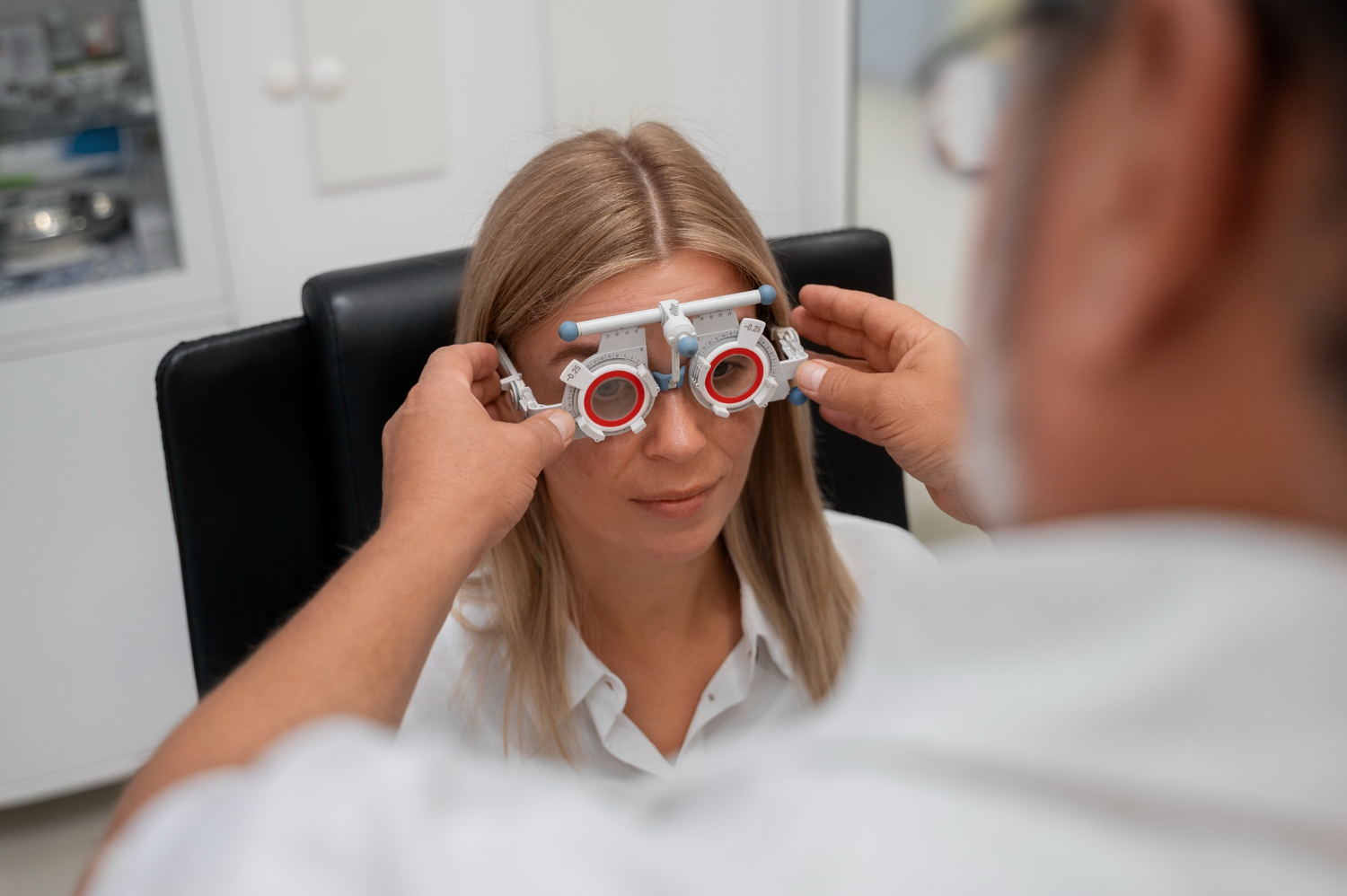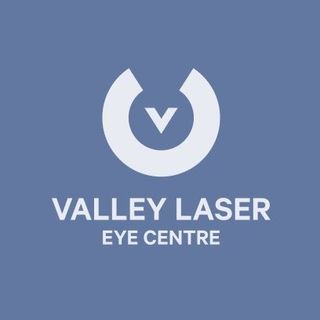Our sense of sight is integral because it allows us to see what’s around us. As one of the body’s senses, the sense of sight is something we can’t live without or our quality of life will be severely affected. Unfortunately, the eyes are prone to many issues, such as cataracts.
A cataract is a condition in which the eye’s lens becomes cloudy or opaque, causing decreased vision. It’s usually caused by age-related changes, injuries, or diseases, so everyone is encouraged to care for their eyes. However, many people often wonder if stress can cause them because it has been suggested that stress may be a risk factor for developing certain conditions that can lead to cataracts. For this reason, we’ll discuss the details in this article to set the record straight.
How Cataracts Form
To understand how stress can cause cataracts, you must first understand how cataracts form. Usually, the eye’s lens is clear, allowing light to pass through it and focus on the retina. The retina is a thin layer of tissue at the back of the eye that converts the light into electrical signals sent to the brain. The brain interprets these signals as images.
As we age, the lens becomes cloudy or opaque, as mentioned earlier. This is caused by changes in the proteins in the lens, making it difficult for light to pass through. As a result, the vision becomes blurred. It’s also worth noting that cataracts can occur in one or both eyes and worsen over time.
Can Stress Cause Cataracts?
The answer to this question is no. Stress is not a direct cause of cataracts. However, stress can lead to other health problems that can increase your risk of developing them. For example, stress can cause high blood pressure, leading to diabetes. Diabetes is a condition that can increase your risk of developing cataracts.
Stress can also cause inflammation, which is a risk factor for cataracts. Therefore, managing stress is vital to decrease your risk of developing these conditions.
Stress and Anxiety Leading to Cataracts
While not a direct cause of cataracts, stress and anxiety can aggravate existing eye conditions that lead to cataracts. A perfect example of this is dry eye syndrome, which is a condition that occurs when your tears are unable to keep your eyes lubricated. This can lead to inflammation and eye irritation, which aggravates cataracts.
Another condition that can lead to cataracts is glaucoma, which is a condition that occurs when the pressure in your eyes is too high. This can damage the optic nerve, which can lead to vision loss.
Oxidative Stress
If there’s any type of stress that can directly lead to cataracts, it’s oxidative stress. Oxidative stress refers to the production of free radicals, unstable molecules that can damage cells, including the cells in your eyes. Free radicals are produced when your body breaks down food or is exposed to toxins, and they can cause damage to your DNA, proteins, and lipids. This damage can lead to the formation of cataracts.
There are a few ways you can reduce your risk of oxidative stress. Eating a diet rich in antioxidants can help neutralize free radicals. You can also avoid smoking, exposure to secondhand smoke, pollution, and other toxins.
Treating and Preventing Cataracts
During its early stages, a cataract doesn’t always interfere with your vision because stronger lighting and glasses can help. However, it will worsen with time. When it reaches this stage, your best option is cataract surgery, which is a safe and effective procedure. This way, it can be removed before it causes permanent damage to your vision.
To prevent cataracts, you should do the following:
- Eat foods rich in antioxidants, such as berries, dark leafy greens, and tomatoes.
- Protect your eyes from the sun by wearing sunglasses that have UV protection.
- Quit smoking and avoid exposure to secondhand smoke.
- Have regular eye exams so that any problems can be caught early.
Conclusion
The thought of developing cataracts in your eyes can be daunting, but you can prevent them by keeping your eyes healthy. Cataracts are common in older adults, but you don’t have to wait until you’re older to start preventing them. All that matters is taking care of your eyes to ensure the risk of developing cataracts won’t happen.
If you need help with cataract surgery, Valley Laser Eye Centre can help you! We understand the needs of our patients, so we’re here to ensure you get the right amount of care for your eyes. Simply go to our website to book a consultation!





